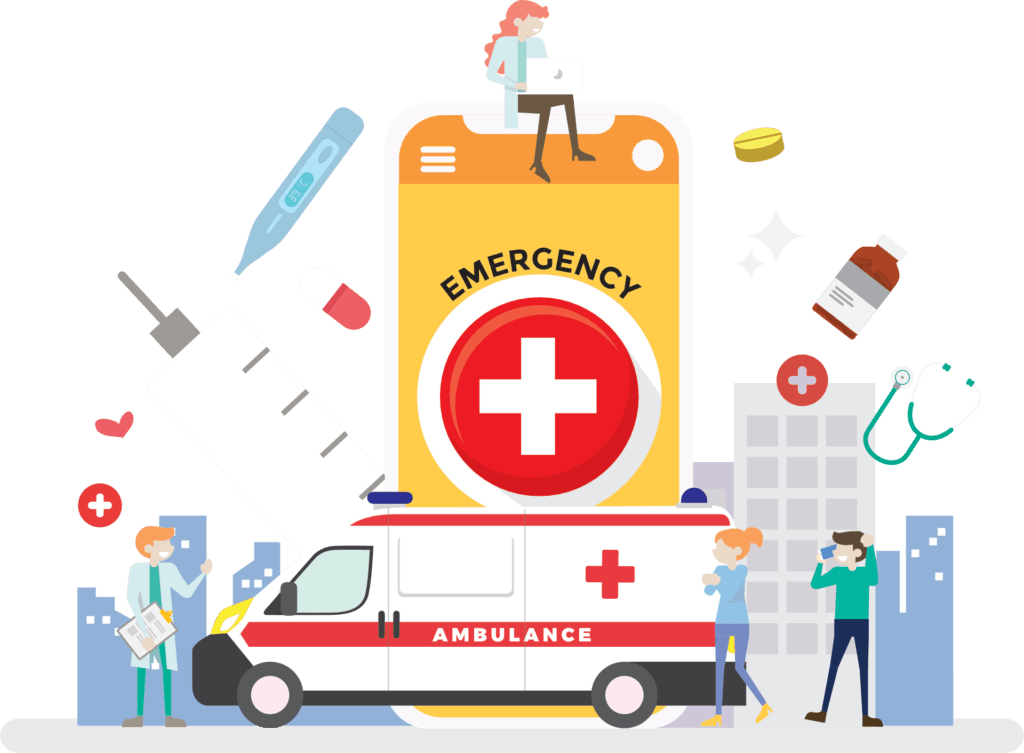
What is a cardiac arrest?
Cardiac arrest is the sudden stoppage of heart function, leading to a drop in blood pressure, and thus loss of consciousness and death within minutes if treatment is not immediate.
Sudden cardiac arrest is due to an electrical malfunction causing an irregular heartbeat (arrhythmia), leading to cardiac arrest.
A very common cause of sudden cardiac arrest in a heart attack, where there is sudden significant blockage of a coronary artery.
Differences between cardiac arrests and heart attacks
People often use these terms interchangeably, but they are not synonyms.
A heart attack is when blood flow to the heart is blocked, and sudden cardiac arrest is when the heart malfunctions and suddenly stops beating unexpectedly.
A heart attack is a “circulation” problem and sudden cardiac arrest is an “electrical” problem.
Cardiac arrest is the sudden stoppage of heart function, leading to a drop in blood pressure, and thus loss of consciousness and death within minutes if treatment is not immediate.
Sudden cardiac arrest is due to an electrical malfunction causing an irregular heartbeat (arrhythmia), leading to cardiac arrest.
A very common cause of sudden cardiac arrest in a heart attack, where there is sudden significant blockage of a coronary artery.
What is a heart attack?
A heart attack occurs when a coronary artery is suddenly and significantly blocked such that the cardiac muscles supplied by the involved culprit artery start to die. The longer a person goes without treatment, the greater the damage, and higher the risk of sudden cardiac arrest.
Symptoms of a heart attack may be immediate and intense. More frequently, though, symptoms start slowly and persist for hours, days or weeks before culminating into a heart attack.
Unlike sudden cardiac arrest, the heart usually does not stop beating suddenly during a heart attack. However, the longer a person goes without treatment, the greater the damage, and higher the risk of sudden cardiac arrest.
The heart attack symptoms in women and the elderly can be different and vaguer compared to men’s symptoms.
What is the link between cardiac arrest and heart attack?
These two distinct heart conditions are linked.
Sudden cardiac arrest can occur after a heart attack, or during recovery.
Heart attacks increase the risk for sudden cardiac arrest.
Most heart attacks do not lead to sudden cardiac arrest. But when sudden cardiac arrest occurs, a heart attack is a common cause.
Other heart conditions may also disrupt the heart’s rhythm and lead to sudden cardiac arrest. These include a thickened heart muscle (hypertrophic cardiomyopathy), heart failure, arrhythmias, particularly ventricular fibrillation, and long Q-T syndrome.
What happens to the body during a cardiac arrest?
Sudden cardiac arrest occurs suddenly and often without warning. It is triggered by an electrical malfunction in the heart that causes an irregular heartbeat (arrhythmia), leading to disruption and ineffective heart-pumping action.
As the heart cannot pump blood to the brain, lungs and other organs, within seconds, the victim loses consciousness and has no pulse. Death occurs within minutes if the victim does not receive treatment.
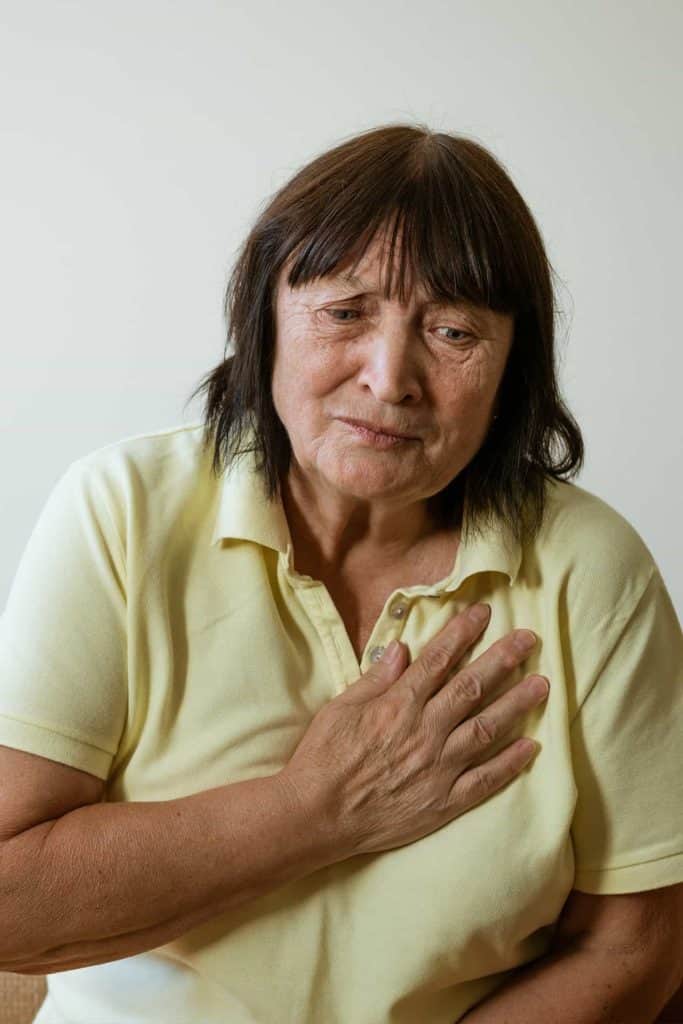
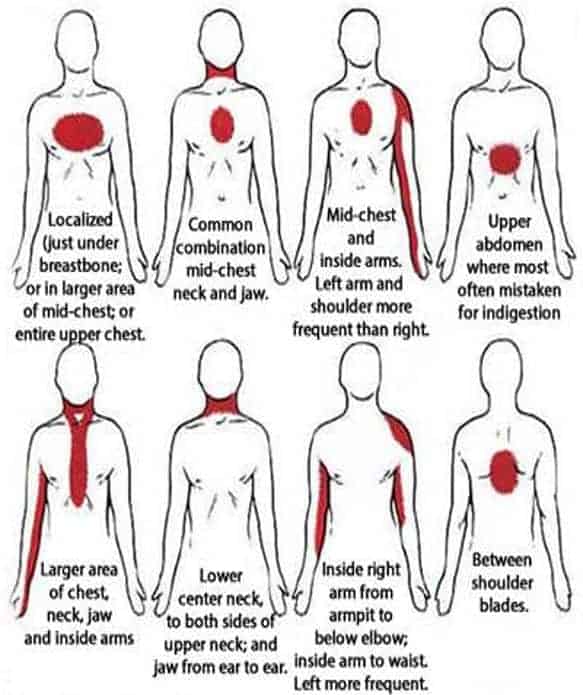
Cardiac Arrest Symptoms
Cardiac arrest occurs suddenly. Often, there are no warning symptoms.
However, prior to the sudden collapse, the victim may have warning symptoms. Common warning symptoms may be fast or irregular heartbeat (palpitations), feeling dizzy or cold and clammy due to reduced blood flow to the brain and skin respectively.
These symptoms are not specific to cardiac arrest.
The patient may have warning signs of the commonest cause of sudden cardiac arrest, the warning signs of a heart attack.
What are the warning signs of a heart attack?
- Chest feels tight or heavy chest feeling, or pains or vague discomfort in the chest, front of the neck, gastric area or upper back.
Early Signs of Heart Disease
Symptoms of Clogged/Blocked Arteries
Early heart disease has no signs or symptoms. As heart disease progresses, common symptoms would be discomfort in the chest or other areas, breathlessness, and palpitations. It usually begins on exertion. As heart disease progresses, it may occur with less exertion or even at rest.1. Discomfort in the chest and other areas
Discomfort in the chest, front of the neck, gastric, upper back (between shoulder blades) are common sites for symptoms of heart vessel blockage.
The discomfort is classically described as a tightness or pressure-like sensation. It is commonly vague in nature and cannot be specifically described by the patient.
Symptoms mentioned above may be associated with difficulty in breathing, fast heartbeats, nausea, cold sweats, vomiting, and weakness.
2. Difficulty in breathing (dyspnea)
Difficulty breathing is a common symptom of heart disease. In early heart disease, it occurs on exertion. As heart disease progresses, the patient’s effort tolerance is reduced. In severe heart disease, the patient may have difficulty breathing walking about the room, or even at rest.
These breathing symptoms may occur without chest discomfort.
3. Fast heartbeat after eating (Palpitations)
Unusually fast heartbeat with minimal exertion can be due to blocked coronary arteries. The fast heart rate is a marker of heart stress.
A fast heartbeat after eating a heavy meal could be due to palpitations from abnormal heart rhythms, known as arrhythmia.
Some arrhythmias, like atrial fibrillation, or atrial flutter increases the patient’s risk of stroke.
Others like paroxysmal supraventricular tachycardia are not usually related to blocked coronary arteries. But they can increase the risk of fainting spells. These arrhythmias are potentially treatable.
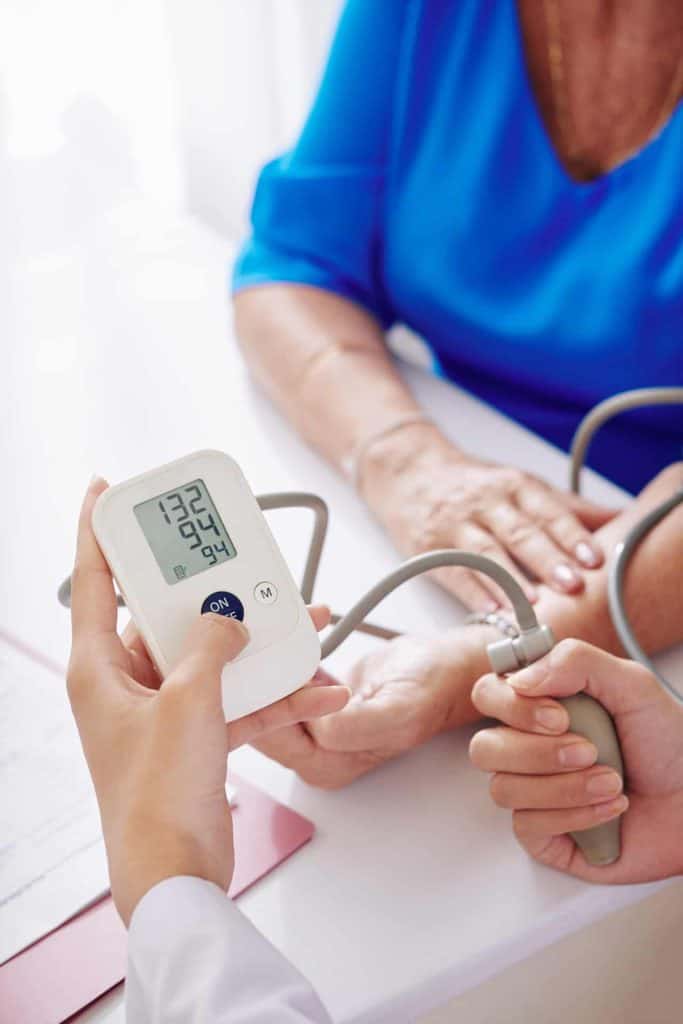
High blood pressure
High blood pressure is common in Singapore. About 30% of Singaporeans have hypertension, and 50%% have undiagnosed hypertension in a study done in 2003.
Hypertension risk increases if one has one or more of the following risk factors
- Family history of early hypertension
- Individual habits of a sedentary lifestyle or and high salt content in food
- Individual medical history of other medical conditions, eg diabetes mellitus.
Chronic untreated hypertension can lead to increased stress, and thickening of the heart (hypertensive heart disease).
This thickening of the heart increases the risk of heart attacks and sudden cardiac arrest.
Chronic untreated hypertension also increases the risk of kidney failure, stroke, heart failure, and dementia.
Early hypertension usually has no symptoms. As blood pressure continues to climb, the patient may have symptoms of fatigue, headaches, dizziness, breathlessness, and erectile dysfunction.
Early diagnosis and treatment of hypertension can reduce the risk of heart attacks, sudden cardiac arrest, kidney failure, stroke, heart failure, and dementia.
Recommendations to prevent cardiac arrests
Early diagnosis of risk factors of cardiac arrest, especially heart disease is important in reducing the risk of cardiac arrests.
However, about 20-30% of cardiac arrests are due to unknown causes, and thus not preventable.
About 70-80% of cardiac arrests are due to known causes, and thus potentially preventable.
Known risk factors for cardiac arrest broadly include but are not exclusive to
- Family history of sudden cardiac death or fainting spells of unknown cause
- Past personal history sudden cardiac arrests or fainting spells of unknown cause
- Family history of early-onset heart disease or risk factors for heart disease
- Past personal history of heart disease or risk factors for heart disease
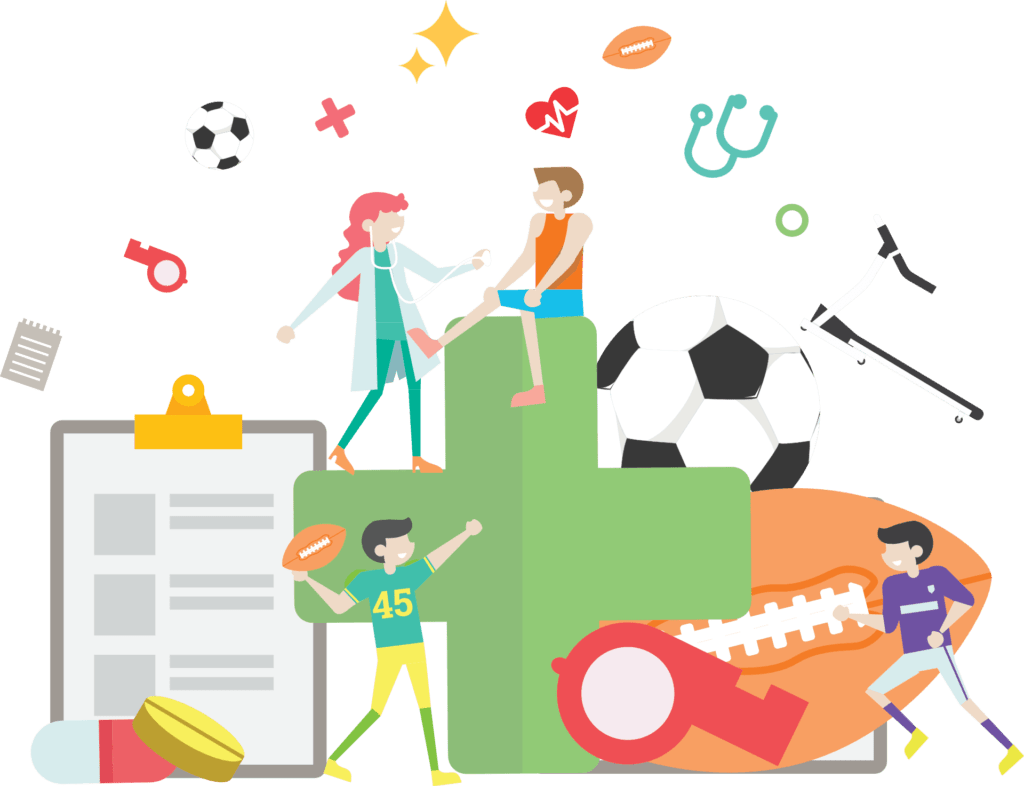
Physical activity, exercise and stress management is important in any strategy to manage heart disease.
However, it is very important to avoid sudden, excessive physical activity, exercise or stress to avoid the surge of stress hormones that can lead to cardiovascular events, specifically heart attack, stroke, and cardiac arrest.
Physical activity and exercise should be gradual. Physical fitness gradually built up to maximize the benefits of physical activity while minimizing the risk of sudden cardiovascular events.
One should go for a heart check prior to embarking on an exercise program, especially strenuous ones, like long-distance runs, biathlons, etc.
This is of vital importance if one is participating in timed events or if there are risk factors for cardiac arrests.
Come to GLCC for a comprehensive evidence-based plan to assess your risk for cardiac arrest.
Gerard Leong Cardiology Clinic (GLCC) Heart Services
At GLCC, we provide an evidence-based and appropriate comprehensive range of heart tests, in a patient-centred and professional manner with the aim of providing a comprehensive evidence-based plan to reduce your risk of cardiac events, to let you live your life with a healthy or healthier heart!
